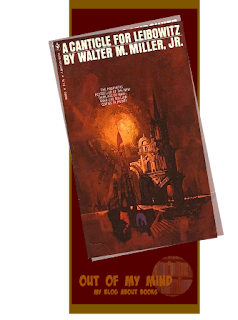I have to admit that I am not a true lover of classical music, a term usually used in reference to music composed mostly in Europe during the Classical period, or the years 1750 to 1820, from Bach to Beethoven, but not limited to those years. I enjoy Vivaldi's Four Seasons, Pachebel's Canon in D, Rachmaninoff's Piano Concerto No. 2, Rachmaninoff's Rhapsondy on a Theme of Paganini, and a few other well-known pieces. Overall, though, my knowledge is bush-leaguer when it comes to sophisticated music. I understand there are better films on Chopin's life and legacy, but I'm starting here.
The film is a gorgeous representation of the 1830s and 1840s and I'm a huge fan of the beauty of film. Filmed in 1945 in glorious technicolor, a color process used in the US from 1922 to 1952, celebrated for it's highly-saturated color, think The Wizard of Oz, the stunning costumes and sets are a delight for a lover of film. Several times, I have paused the film (I'm watching via Amazon.Prime) just to appreciate the subtle color and texture of fabrics. Yes, I am a nerd.
Also because I'm a nerd, I have also had to stop the film about a dozen times for references to contemporary artists, authors, other musicians and events from the time period who are mentioned or shown in the scene, including Franz Liszt, Honoré de Balzac, Freidrich, Kalkbrenner (one of my favorite scenes in the film), George Sand (of course), Alfred de Musset, the Greater Poland Uprising, and more. Of course, with the references to Polish, French, and European events in history, I had a highly productive time researching tonight. All of which made this film a rich vehicle for learning about the time and place! 😉
I'm finding it interesting to see how George Sands is portrayed. She is certainly shown to be the villain; she is not characterized as, in any way, anything other than a cold and scheming, pants-wearing ...woman, a woman who ruined Chopin's life! In real life, though, although she's not perfect, and we can't truly know a person or a relationship from the vantage point of 2018, George was a revolutionary woman for the 1840s. And, though Chopin can't be known either, he needed the strength of this woman and, I'm sure he benefited from her encouragement to become stronger and more independent.
Of course, I could be wrong, but we can't know from this film. WOW, she was portrayed as the most evil woman ever while Chopin was portrayed as incredibly immature and passive. He was a sickly man, however, and that was well-played in A Song to Remember.
There is one montage of Chopin playing a concert tour across much of Europe in order to get funds to send to his beloved Poland, currently in the midst of a revolution. The montage was richly filmed. About ten different concert halls and pianos, as well as rich clothing and costumes...the sets!
It is the music that was the true star of this film. Whoever played Chopin's music or Franz Liszt's music is a true maestro. You will love it if you give it a listen. Overall, while the film is generally not historical but theatrical, I will give it a strong five stars.
Bach is an astronomer, discovering the most marvellous stars.
Beethoven
challenges the universe.
I only try to express the soul and the heart
of man.
―
―



















